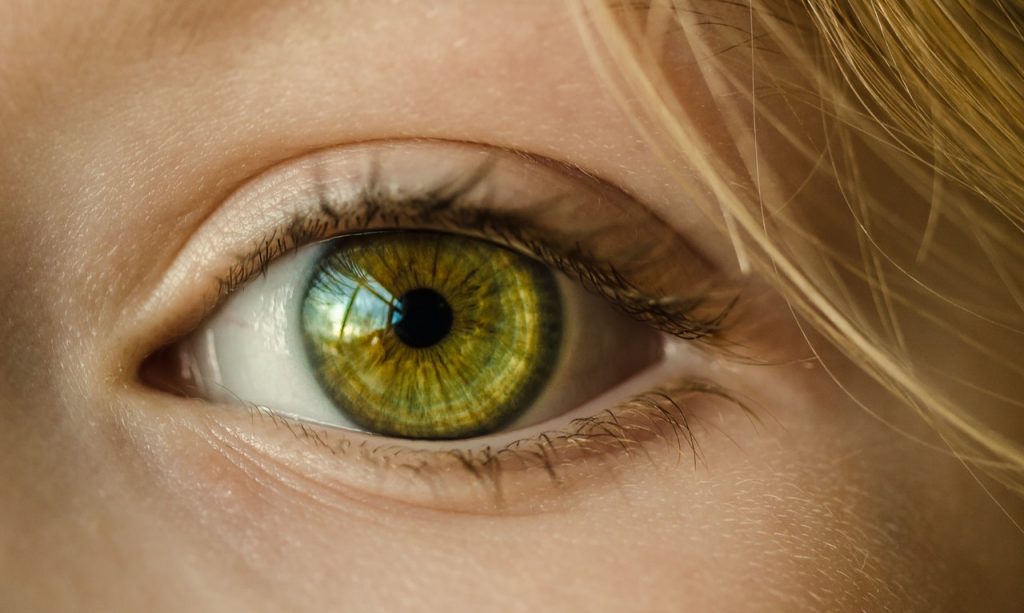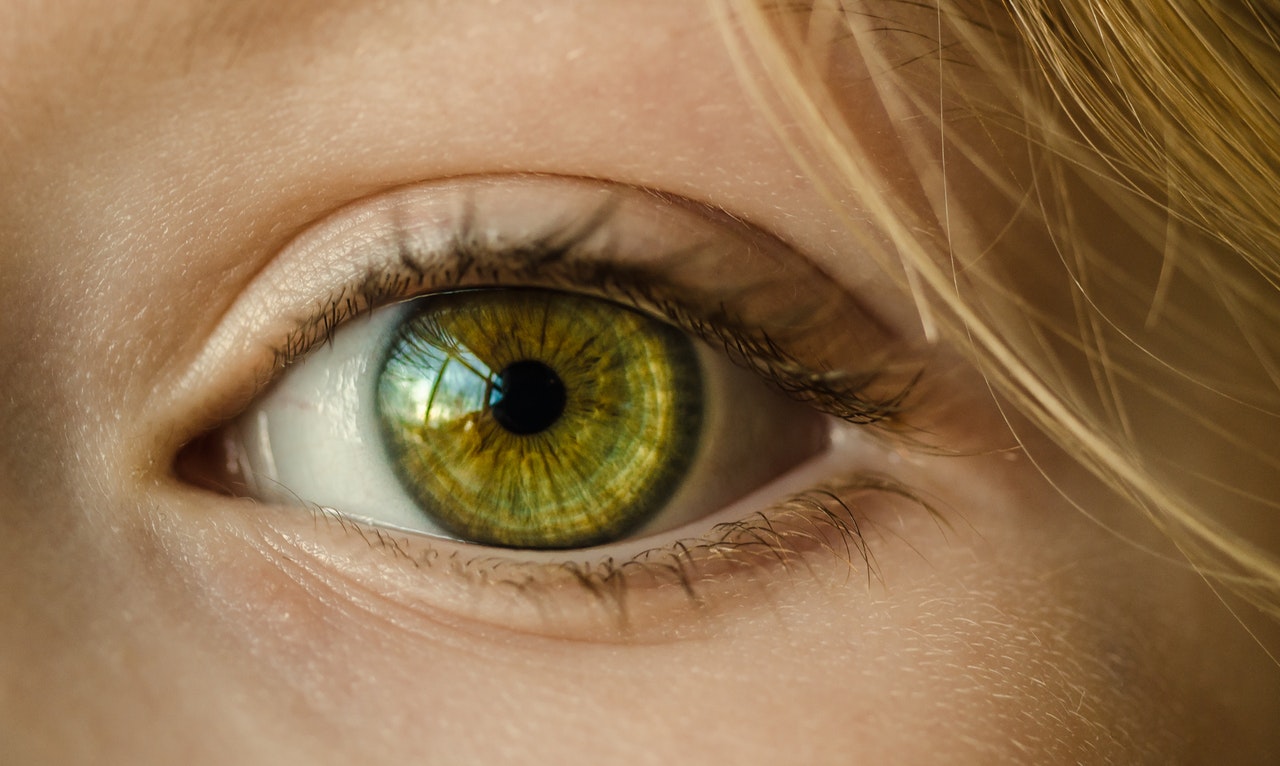
If you’re experiencing chronic cloudy vision, then it might be time to visit a cataract surgeon in Salt Lake City. Cloudy vision is one of the hallmark symptoms of a cataract. Consulting with the doctor will help you determine if a cataract is, in fact, the problem. Cataract surgery basically involves removing the lens in your eye and replacing it with an artificial lens. It is quite a common procedure and is as safe as it gets. Once the procedure is completed, your vision will be back to normal.
Should I have Cataract Surgery?
Having a cataract does not automatically qualify you for surgery. In fact, many people with cataracts have normal vision or do just fine with the help of glasses or good lighting.
However, as cataracts worsen, your vision could also grow worse. You might have blurred or yellow vision, double vision, poor night vision, and see halos around bright objects. This can stop you from doing simple things like driving or playing certain sports like golf. In such cases, surgery is a good idea.
Preparation for the surgery
The doctor should do some tests 2 weeks before the procedure to determine the shape and size of your eye in order to figure out which lens is best for you. You should also generally refrain from eating and drinking anything at least 12 hours before the procedure.
The Surgery
The surgery itself is a fairly quick process, often being completed in under an hour. Your surgeon will cut away a flap from the surface of your eye. They might use a laser to do this. They will then insert a small tool through the opening to break the cataract up and suck it out gently. They will then insert the artificial lens and close the cut. The artificial lens can be made off acrylic, silicone, or plastic.
In case you suffer from cataracts in both eyes, then you will need to undergo two separate procedures. They should be a few weeks apart in order to give your eye time to heal.
Side Effects of Cataracts
While the procedure has indisputable benefits, there are also some side effects that might arise as a result of the procedure. You may not experience all or even any of these side effects as it really depends on the specific patient. However, patients have, at one time or another, complained about the following side effects after cataract surgery:
- A dropping eyelid
- The sensation of fluid building up in the eye
- The loosening of the new lens that has been inserted during the surgery
- The sensation of pressure inside the eye. This can be mild or serious. It is advisable that you see your cataract surgeon immediately you experience this
- Detachment of the retina. The retina is the tissue at the back of the eye that senses light and relays the information to the brain for vision processing. Retinal detachment is the breaking away of this tissue. This is a very rare and very serious side effect and you should see your ophthalmologist as soon as you start experiencing vision problems after your cataract surgery
- Bleeding
- Swelling of infection of the eye

